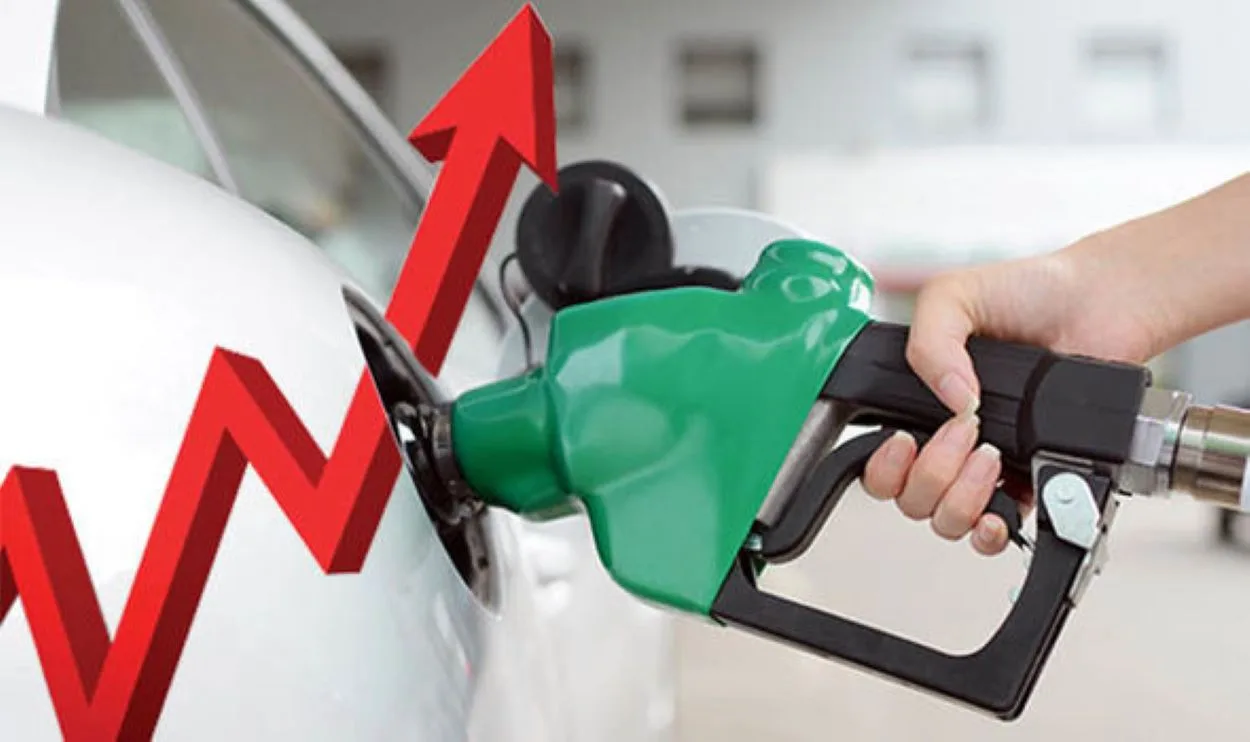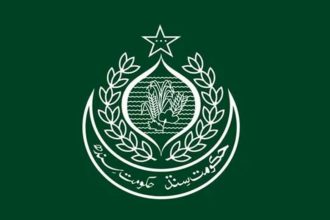Pakistan may experience an unprecedented rise in petrol prices, as the International Monetary Fund (IMF) has recommended that the government impose a petroleum levy and an 18% Goods and Services Tax (GST) on petroleum products.
In light of the upcoming fiscal year’s budget, these measures are likely to increase financial pressures on the public through heightened inflation.
Media outlets have reported that in addition to suggesting an increase in electricity and gas tariffs, the IMF has proposed that the price of petrol per litre could surge by 50 rupees, marking the largest hike in the nation’s history.
Instead of implementing GST, the government is contemplating introducing a carbon levy on petroleum next year. This is part of a broader strategy that includes implementing new taxes, increases in electricity and gas tariffs, and comprehensive reforms in the energy sector, all stipulated by the IMF.
Currently, the government collects a petroleum levy of 60 rupees per litre. It anticipates revenue of approximately 1,080 billion rupees from this source in the next fiscal year, with potential revenue reaching 2,295 billion rupees over the following two years. Furthermore, revenue from the petroleum levy is projected to increase to 1,215 billion rupees next year.
Meanwhile, there are indications that the federal government has committed to the IMF to raise electricity and gas prices further. Despite claims from the federal and Punjab governments of the Muslim League-N that inflation has significantly decreased, there are ongoing plans to impose additional inflationary burdens on the public. After record increases in electricity and gas prices over the past two years, the federal government is preparing for further hikes to satisfy IMF requirements.
The IMF has also outlined demands for semi-annual gas price increases starting from June 2024, initiatives to curb electricity theft, and enhancements to the transmission system. Additionally, the government is expected to promptly announce the annual rebasing of electricity tariffs for the next fiscal year.
The IMF’s requests extend to revising power purchase agreements and reforming subsidies for agricultural tube wells. As of January 2024, the circular debt in the gas sector stood at 2,083 billion rupees.
The IMF insists that all fertilizer companies pay the full price for gas. The government has pledged to address disparities in gas pricing across different regions and industries and has devised a strategy for full cost recovery from consumers to mitigate circular debt.
In the electricity sector, with circular debt exceeding 2,600 billion rupees, the government has developed a plan to reduce or stabilize this debt for the fiscal year 2024-25, aiming for a target of 2,300 billion rupees in circular debt by June as mandated by the IMF. Furthermore, uniform gas pricing for cost recovery has been confirmed.






